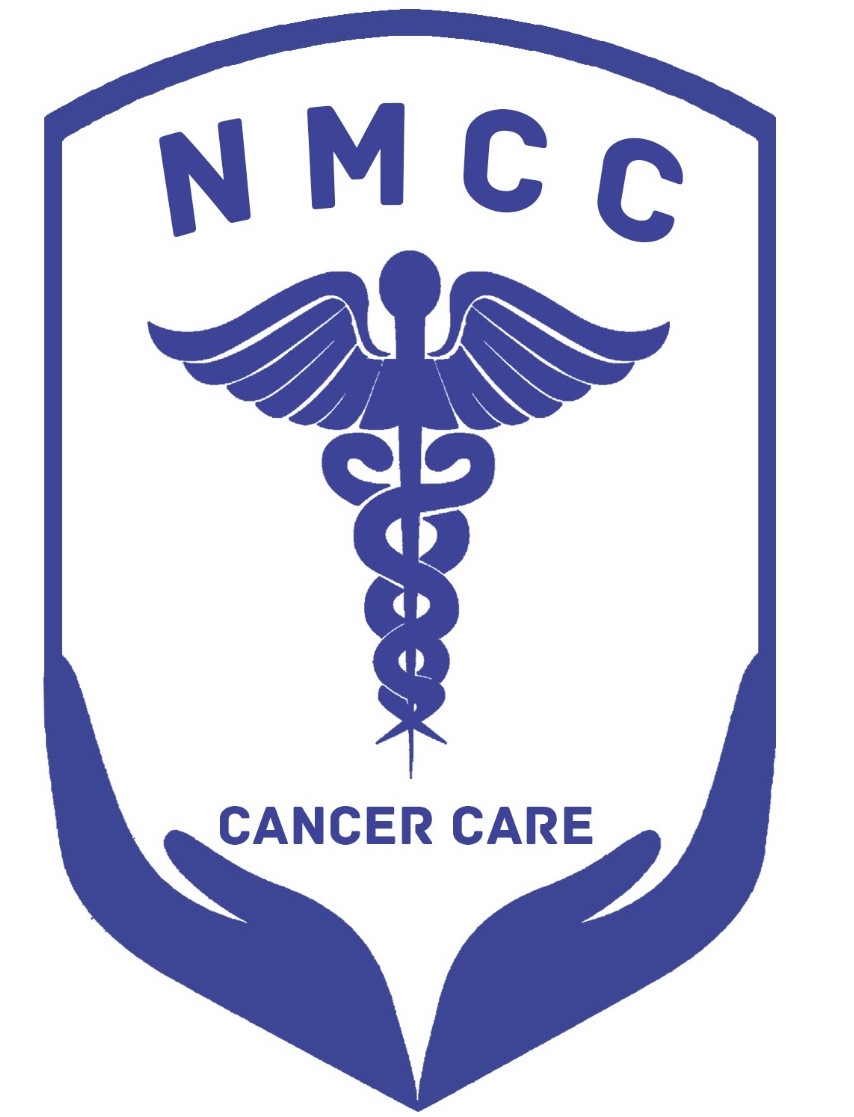MEDICAL ONCOLOGY

The Oncology department features the most advanced technology to diagnose and treat cancer. The department will adopt a multidisciplinary approach, working closely with other departments of the hospital, providing utmost care to the patients. The department will be further divided into medical oncology, radiation oncology, and surgical oncology.
Medical Oncology is often considered as the mother department in a cancer hospital. It uses Chemotherapy, Immunotherapy, Hormonal Therapy, and Targeted Therapy to treat cancer effectively. Medical Oncology works in conjunction with Surgical Oncology or Radiation Oncology to give the best clinical outcomes.
Radiation Oncology is an essential part of a multidisciplinary approach to the treatment of cancer. It deals with the treatment modality of giving radiation to cancer patients. This is called Radiotherapy. These therapeutic rays are painless and invisible and are extensively used in the treatment of various cancers. Radiation Oncologist decides on the modes and dosage of the irradiation required for a particular situation.
Surgical oncology is the branch of surgery applied to oncology; it focuses on the surgical management of tumors, especially cancerous tumors. As one of several modalities in cancer management, the specialty of surgical oncology has evolved in steps similar to medical oncology.
Paediatric Oncology deals with the cancers that occur in children. This forms an integral part of a comprehensive cancer care hospital.
